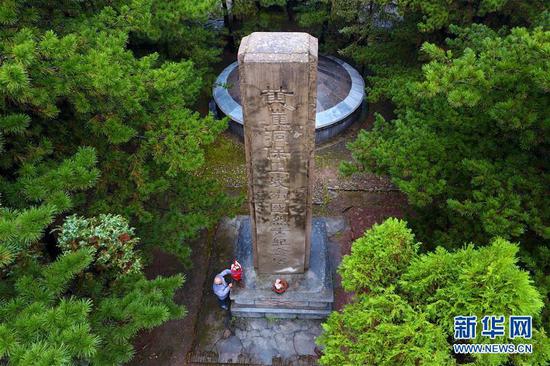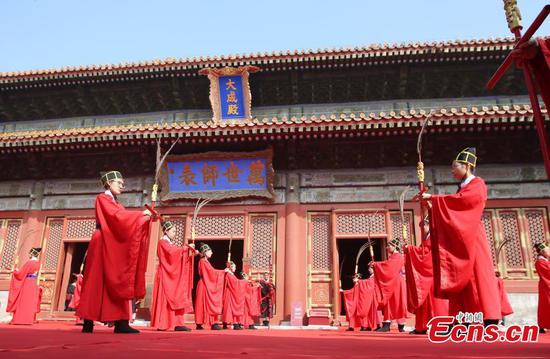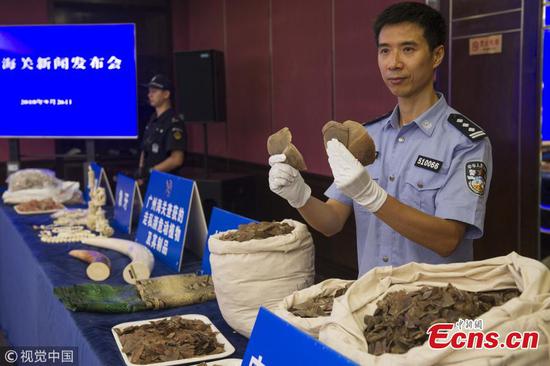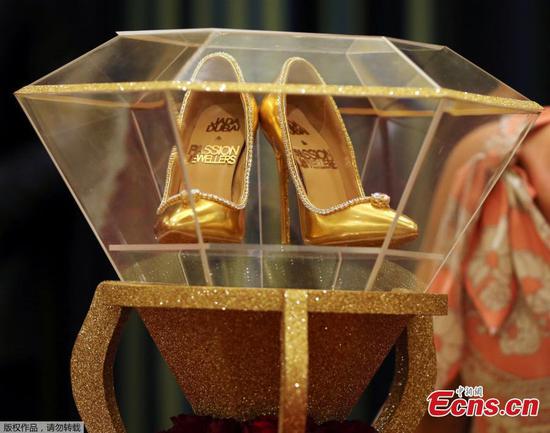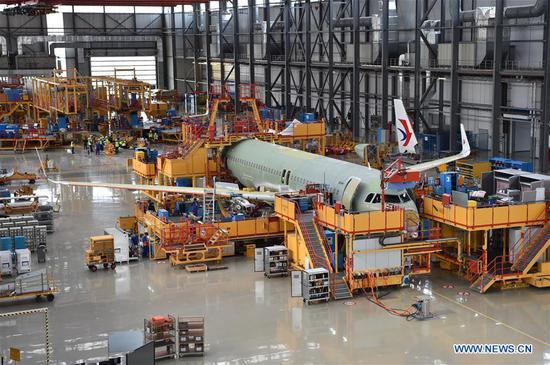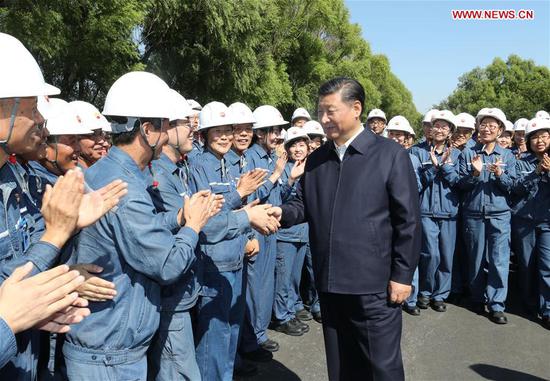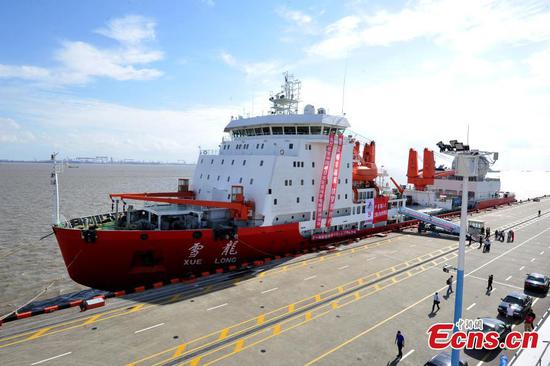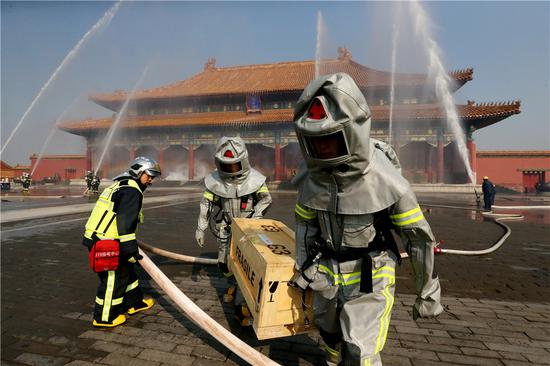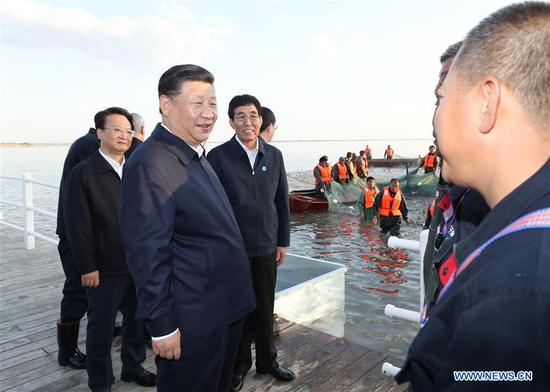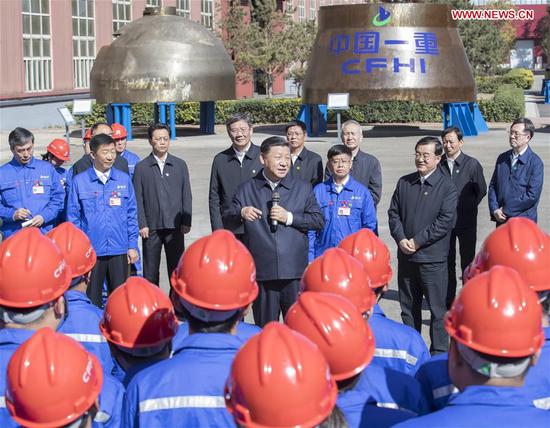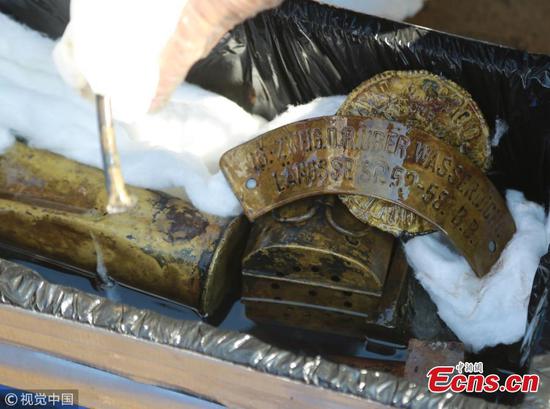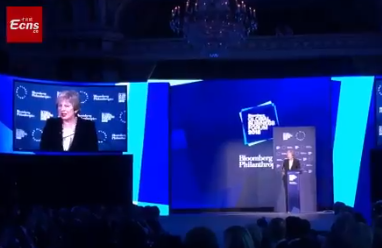Zhang Xiaoping, former designer of Xi'an Aerospace Propulsion Institute in Shaanxi Province and a core member involved in some key projects of the rocket engine research arm, has stepped into the public spotlight since an article about his resignation went viral on China's instant messaging app Wechat on Thursday morning.
The article, posted by user @Zizhuzhang, showing copy of a legal document by the state-owned institute to the Xi'an Labor Dispute Arbitration Committee claiming that Zhang's leave has influenced China's manned lunar landing mission and why the institute insists on Zhang's return. The document has ignited doubt and concern among Chinese public and media.
The document describes Zhang's “most crucial” status and argues this “irreplaceable” man's departure could affect China's race to send people to the moon. It also shows the institute tried to ask Zhang back after a project met with technical problems.
The whistle-blower also tipped off that Zhang had joined a private carrier rocket company, where he would earn nearly 10 times his previous salary of 120,000 yuan (about 17,450 US dollars) per year.
“Why regret after a loss? Why the institute cannot retain such a talent?” asked state media People's Daily on Thursday night in a commentary article as some netizens felt the statements of the document too dramatic and others urged the state-owned research institute to reflect on its management.
“It costs a lot to cultivate talent, thus it is reasonable for us to try to retain him,” Liu Zhirang, president of the Academy of Aerospace Propulsion Technology, parent of the Xi'an institute, told Beijing Youth Daily on Thursday afternoon. He said however Zhang's exit does not have an impact on the rocket engine project, acknowledging they had lost some scientists because of private companies' attractiveness in recent years.
Late on Thursday night, the institute confirmed the authenticity of the legal paper in a declaration published on its official website, admitting they had exaggerated Zhang's role at the institute. It mentioned Zhang, who joined the institute in 1994 and applied for resignation in March, had not gone through the two-year declassification period by law and left without permission.
“The author of the document, who represents the institute in Zhang's labor dispute arbitration, was too eager to achieve the goal of declassification,” the statement read.
The institute also apologizes for the “negative effects” caused by the “misunderstanding and misinterpretation” that were generated by its exaggerations after Zhang leaked the document himself on Wechat and since gained public attention with widespread online circulation.
“I'm under great pressure and ‘dealing' with the declassification procedures,” said Zhang Xiaoping to Beijing Youth Daily on Friday afternoon. He asserted it is impossible for him to return to the institute.










